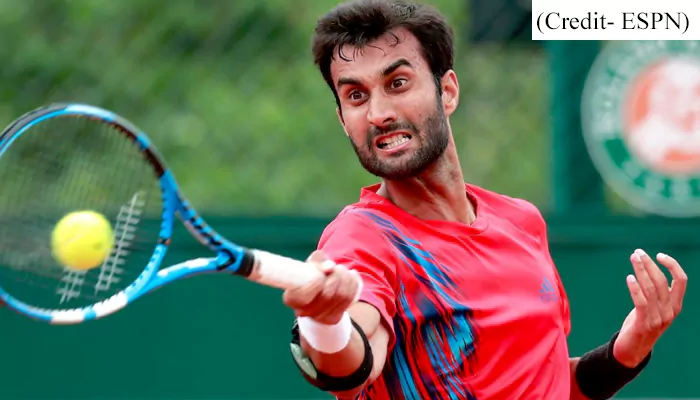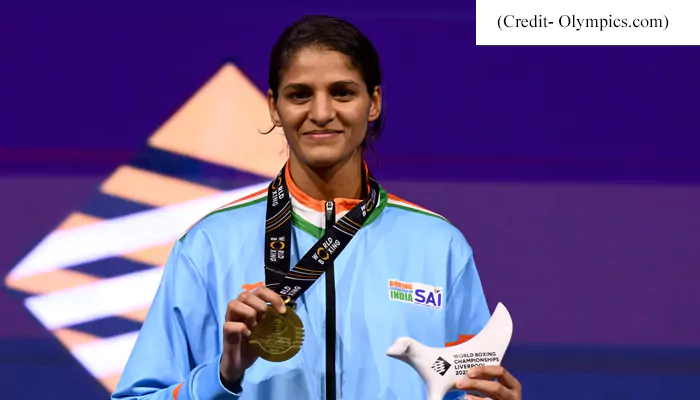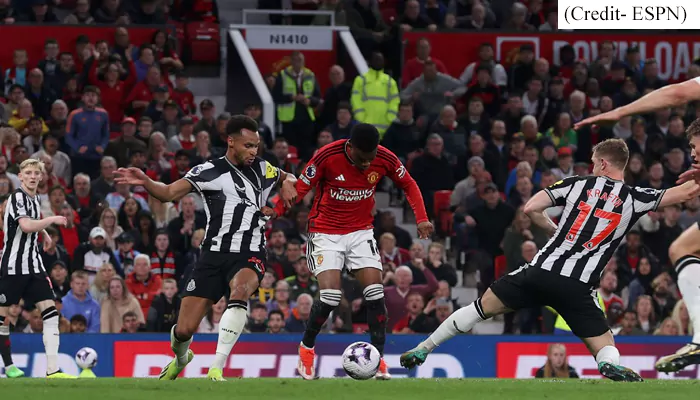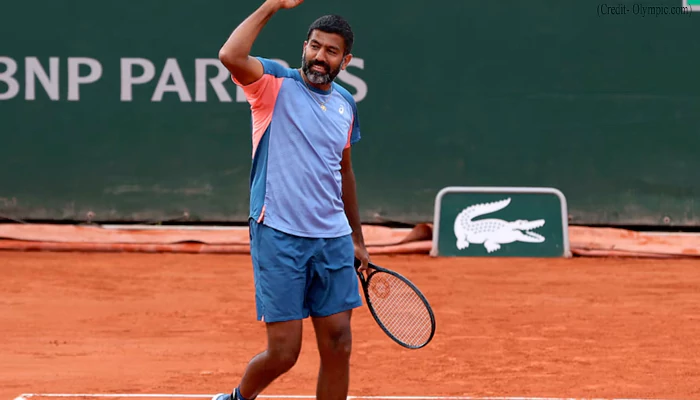
The rules of chess boxing are straightforward but demand a diverse skill set from its participants.
The Origins of Chess Boxing
Chess boxing, a unique blend of mental strategy and physical prowess, is a sport that combines the cerebral challenge of chess with the physical intensity of boxing. This hybrid sport was conceived by French artist Enki Bilal in his 1992 graphic novel "Froid Équateur" (Cold Equator), where he envisioned a dystopian future where fighters would compete in alternating rounds of chess and boxing. The concept was later brought to life by Dutch performance artist Iepe Rubingh, who organized the first official chess boxing event in Amsterdam in 2003. Since then, chess boxing has grown in popularity and is now practiced globally.
The Rules and Format
A match consists of 11 alternating rounds—six rounds of chess and five rounds of boxing, each lasting three minutes. The match begins with a round of chess, followed by a round of boxing, and so forth. Competitors can win by either checkmate or knockout, or if their opponent exceeds the time limit in chess (each player has a total of 12 minutes on their chess clock) or is deemed unable to continue in boxing.
To excel in chess boxing, participants must train rigorously in both disciplines. This requires not only mastering the strategic depth of chess but also developing the physical endurance, strength, and agility necessary for boxing. Competitors must maintain focus and composure, switching seamlessly between the intellectual demands of chess and the physical exertion of boxing.
The Mental and Physical Challenge
What sets chess boxing apart from other sports is its unique combination of mental and physical challenges. The rapid transitions between chess and boxing force athletes to constantly shift their mental state. In chess, they must strategize, anticipate their opponent’s moves, and manage their time effectively. Conversely, boxing demands quick reflexes, physical strength, and the ability to endure pain and fatigue.
The psychological aspect of chess boxing is particularly fascinating. Competitors must keep their composure in the face of physical exhaustion and the pressure of the chess clock. A successful chess boxer must possess not only technical skills in both disciplines but also exceptional mental resilience and the ability to stay calm under intense pressure. This dual challenge makes chess boxing a compelling and demanding sport, attracting individuals who thrive on pushing their limits both mentally and physically.
The Global Appeal and Community
Since its inception, chess boxing has steadily gained popularity, with clubs and events now established in various countries, including Germany, the United Kingdom, India, and the United States. The World Chess Boxing Organization (WCBO), founded by Iepe Rubingh, serves as the sport’s governing body, organizing world championships and promoting the sport globally.
Chess boxing events are often lively and entertaining, drawing diverse audiences. The sport’s unique combination of chess and boxing appeals to fans of both disciplines, as well as those looking for something new and unconventional. Chess boxing tournaments often feature enthusiastic crowds, vibrant atmospheres, and a sense of camaraderie among participants and spectators.

Training and Preparation
Preparing for a chess boxing match requires a rigorous and balanced training regimen. Athletes must dedicate time to both chess and boxing, ensuring they are proficient in each. Chess training involves studying opening strategies, endgames, and practicing timed matches to improve decision-making under pressure. Boxing training focuses on developing strength, endurance, and technique, with sparring sessions to simulate real match conditions.
A typical training schedule for a chess boxer might include daily chess practice, several weekly boxing sessions, strength and conditioning workouts, and mental conditioning exercises to enhance focus and composure. Nutrition and recovery are also crucial, as the physical demands of boxing and the mental strain of chess can be taxing on the body and mind.
The Future of Chess Boxing
As chess boxing continues to grow, it holds the potential to attract a wider audience and gain recognition as a mainstream sport. Its unique blend of intellectual and physical challenges offers a refreshing alternative to traditional sports, appealing to a diverse range of participants and fans. The sport’s inclusive and innovative nature, combined with its emphasis on mental and physical excellence, positions it well for future expansion.
Chess boxing is a fascinating hybrid sport that challenges competitors to excel both mentally and physically. Its blend of brains and brawn, along with its growing global community, make it an exciting and unique addition to the world of sports. As more people discover the thrill of chess boxing, its popularity is likely to continue rising, bringing this compelling sport to new heights.











